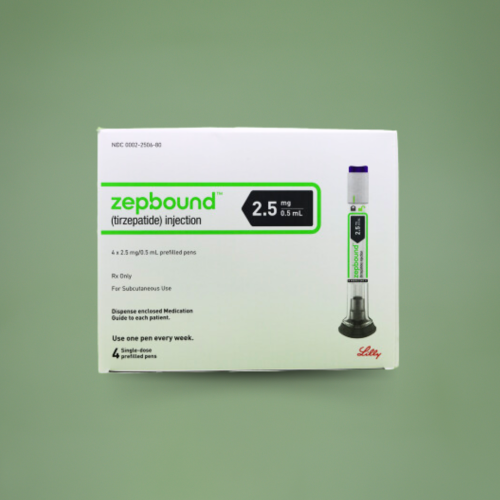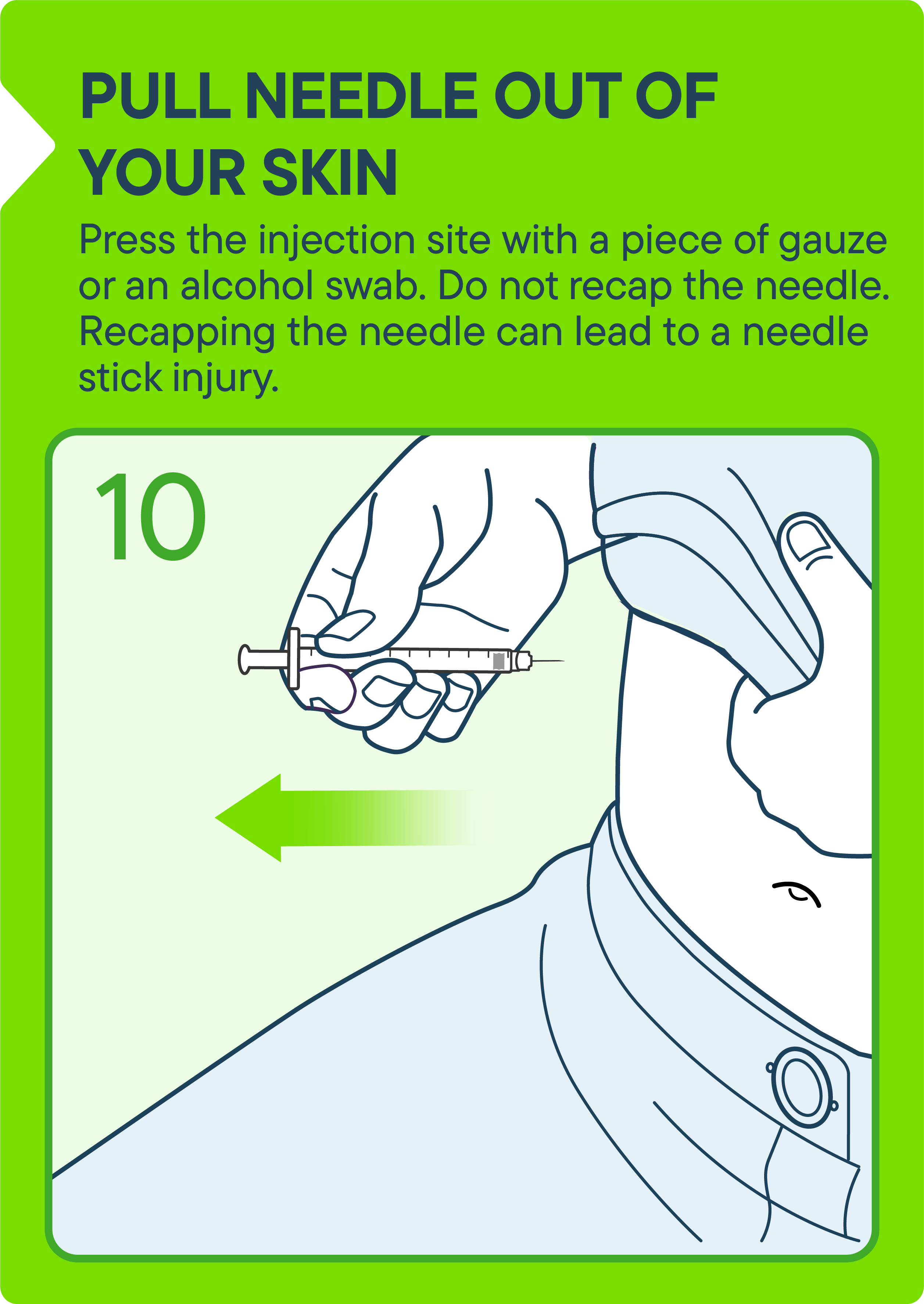When Should I Take Zepbound Morning Or Night

The arrival of Zepbound (tirzepatide), a new medication for chronic weight management, has sparked considerable interest and numerous questions. Among the most common: When is the optimal time to take this injectable drug – morning or night? Understanding the timing of administration can significantly impact its effectiveness and minimize potential side effects.
This article delves into the considerations surrounding Zepbound's timing, drawing on available information from clinical trials, expert opinions, and official recommendations. The aim is to provide a comprehensive overview to help individuals and healthcare professionals make informed decisions about integrating Zepbound into their treatment plans.
Understanding Zepbound
Zepbound is a glucagon-like peptide-1 (GLP-1) receptor agonist and glucose-dependent insulinotropic polypeptide (GIP) receptor agonist developed by Eli Lilly. It works by mimicking the effects of these natural hormones, which regulate blood sugar, slow gastric emptying, and reduce appetite. This dual-action mechanism contributes to significant weight loss in individuals with obesity or overweight and related health conditions.
The drug is administered via subcutaneous injection once weekly. It is approved for use in conjunction with a reduced-calorie diet and increased physical activity. Its approval was based on the results of clinical trials that demonstrated notable weight loss compared to placebo.
Morning vs. Night: What the Experts Say
Currently, Eli Lilly, the manufacturer of Zepbound, does not specify a particular time of day for administration in the official prescribing information. The key recommendation is to administer the injection once weekly on the same day each week.
Some healthcare professionals suggest that the timing of Zepbound administration can be tailored to an individual's lifestyle and potential side effects. This personalized approach acknowledges that people may respond differently to the medication.
If gastrointestinal side effects, such as nausea, vomiting, or diarrhea, are prominent, injecting Zepbound at night may be preferable. This allows the peak of these side effects to occur while the individual is sleeping, potentially minimizing their impact on daily activities.
Conversely, some individuals might find that injecting in the morning better aligns with their daily routine. This could be especially helpful if they experience appetite suppression more effectively throughout the day when they are most likely to be making food choices.
Factors to Consider
Several factors should be taken into account when deciding whether to take Zepbound in the morning or at night. These include:
- Side Effect Profile: Monitor how your body reacts to the medication and adjust the timing accordingly.
- Daily Routine: Choose a time that is convenient and easy to remember to ensure adherence to the weekly injection schedule.
- Appetite Patterns: Consider when you are most likely to struggle with food cravings and aim to have the medication working most effectively during those times.
- Individual Preferences: Ultimately, the best time to take Zepbound is the time that works best for you and your lifestyle.
The Importance of Consistency
Regardless of whether you choose to inject Zepbound in the morning or at night, consistency is crucial. Maintaining a regular weekly injection schedule helps to ensure a steady level of the medication in your system, which can optimize its effectiveness.
If you need to change your injection day, allow at least 2-3 days between doses. Consult with your healthcare provider for guidance on managing changes to your schedule. This ensures you are not compromising the efficacy or safety of the medication.
Missing a dose of Zepbound can impact its effectiveness, so adhering to a consistent schedule is paramount.
Consulting with Your Healthcare Provider
It is essential to discuss the timing of Zepbound administration with your healthcare provider. They can provide personalized recommendations based on your medical history, current medications, and individual needs.
Your doctor can also help you monitor your progress and manage any side effects you may experience. They can tailor the treatment plan to maximize the benefits of the medication while minimizing potential risks.
"Open communication with your healthcare provider is key to achieving successful weight management with Zepbound," says Dr. Emily Carter, an endocrinologist specializing in obesity management. "They can help you navigate the nuances of the medication and address any concerns you may have."
Remember that Zepbound is intended to be used as part of a comprehensive weight management program that includes diet and exercise. It is not a magic bullet, and lifestyle modifications are essential for long-term success.
Potential Impact
Zepbound offers a promising option for individuals struggling with obesity or overweight. The ability to potentially tailor the timing of administration to individual needs may enhance adherence and improve outcomes.
Further research and real-world data will continue to inform best practices for using Zepbound. This includes optimizing the timing of administration to maximize its benefits.
As with any medication, it is important to weigh the potential benefits and risks carefully and make informed decisions in consultation with a healthcare professional.
Conclusion
Determining the optimal time to take Zepbound – morning or night – is a personalized decision. While the official prescribing information does not specify a particular time, considering factors such as side effect profiles, daily routines, and appetite patterns can help guide your choice.
Consistency is key, and maintaining a regular weekly injection schedule is crucial for maximizing the medication's effectiveness. Always consult with your healthcare provider to develop a treatment plan that is tailored to your individual needs and goals.
By working closely with your healthcare team, you can navigate the nuances of Zepbound and optimize its potential to support your weight management journey.


















